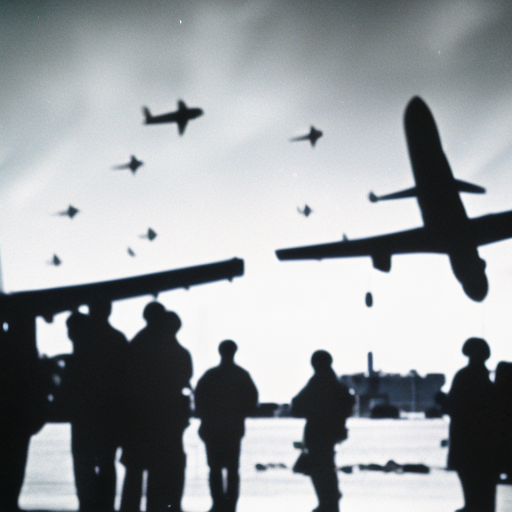Summary:
The AMIA bombing was a terrorist attack that occurred on July 18, 1994, in Buenos Aires, Argentina. A van loaded with explosives was detonated outside the Argentine Israelite Mutual Association (AMIA) building, resulting in the deaths of 85 people and injuring hundreds more. The attack was the deadliest in Argentina’s history and has been attributed to Hezbollah, a Lebanese militant group supported by Iran.
Background:
The AMIA building housed several Jewish organizations and was a symbol of Argentina’s Jewish community. Prior to the bombing, Argentina had experienced a wave of anti-Semitic incidents, including the bombing of the Israeli embassy in Buenos Aires in 1992. The AMIA bombing was seen as a continuation of these attacks and a direct assault on the Jewish community.
The Attack:
On the morning of July 18, a Renault Trafic van loaded with explosives was driven into the street outside the AMIA building. The van exploded, causing immense damage to the building and surrounding structures. The blast resulted in the collapse of the AMIA building, trapping many people inside. The immediate aftermath was chaotic, with emergency services rushing to the scene to rescue survivors and treat the injured.
Investigation and Controversies:
The investigation into the AMIA bombing has been marred by controversy and allegations of cover-ups. Initially, the Argentine government pointed to a local extremist group as responsible for the attack. However, evidence later emerged linking the bombing to Hezbollah and Iran. The Argentine government issued arrest warrants for several Iranian officials, including former President Ali Akbar Rafsanjani and former Foreign Minister Ali Akbar Velayati. However, these individuals have never been brought to justice.
Impact and Legacy:
The AMIA bombing had a profound impact on Argentina and its Jewish community. It exposed the vulnerability of the country’s security apparatus and raised questions about the government’s ability to protect its citizens. The attack also highlighted the global reach of Hezbollah and Iran’s support for terrorism. The lack of justice for the victims and their families has been a source of ongoing frustration and anger.
International Response:
The AMIA bombing received widespread condemnation from the international community. Many countries expressed solidarity with Argentina and offered assistance in the investigation. The United States, in particular, played a significant role in supporting Argentina’s efforts to bring the perpetrators to justice. However, despite these efforts, the case remains unresolved, and the masterminds behind the attack have not been held accountable.
Conclusion:
The AMIA bombing was a devastating terrorist attack that shook Argentina and the world. It targeted the heart of Argentina’s Jewish community and resulted in the loss of many innocent lives. The investigation into the attack has been marred by controversy and allegations of political interference. The lack of justice for the victims and their families continues to be a painful reminder of the unresolved nature of the case. The AMIA bombing serves as a stark reminder of the ongoing threat of terrorism and the need for international cooperation in combating it.












